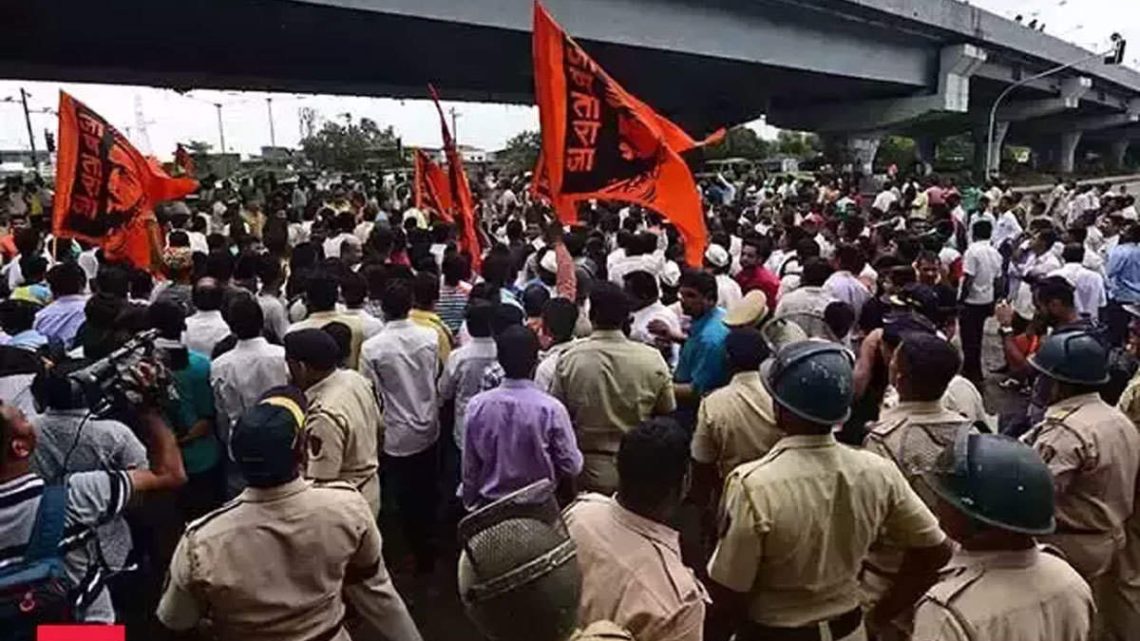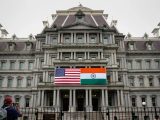
India: Why Marathas are suffering in Maharashtra?
January 2, 2024In contemporary India, the descendants of the Maratha Empire, once a formidable force in the Indian subcontinent, find themselves grappling with socio-economic challenges, seeking inclusion in the Other Backward Class (OBC). The term OBC, employed by the Government of India, categorizes castes that face educational or social backwardness. The plight of the Maratha community reveals a complex interplay of historical legacy, British colonization, and the contemporary socio-economic landscape.
Historically, the Marathas thrived as a dominant caste in Maharashtra, constituting a significant portion of its population. The Maratha Empire, which emerged in the 17th century under the leadership of Shivaji, boasted a prosperous society known for its warriors, administrators, and nobility. However, the downfall of the Marathas came with their defeat by the English East India Company in 1818, marking the end of Shivaji’s rule. Subsequently, British rule marginalized the Marathas, challenging their cultural identity and hindering their participation in political and economic spheres.
Post-independence, the Maratha community faced a new set of challenges, including economic distress, ruined agriculture, lack of industrial development, and high unemployment rates. Access to quality education remained elusive, depriving them of government jobs. The Marathas demanded a fair share of government jobs and access to technical and professional educational institutions, highlighting the urgent need for economic empowerment.
The BJP-led government, however, has yet to adequately address the unique concerns of the Maratha community. While the BJP has historically relied on communal differences to secure votes, this strategy has not resonated with the Marathas, who prioritize economic prosperity over religious considerations. The community’s distress is evident in the alarming number of suicides, with 12 reported cases in a single year alone, reflecting the dire consequences of economic burdens and the cycle of poverty.
To alleviate the struggles of the Maratha community, the BJP government must address the root causes, including unemployment, limited access to education, and inadequate healthcare facilities. Prioritizing inclusive growth through effective policies and initiatives is crucial to uplifting the socio-economic status of the Maratha people. Ignoring these challenges could perpetuate a vicious cycle of poverty and despair.
It is imperative for the Modi government to engage in open dialogue with Maratha community leaders, fostering trust and collaboration. By understanding their specific needs and aspirations, the government can tailor policies that genuinely uplift the community. Immediate action is necessary to prevent further tragedies and ensure equal opportunities for the Maratha people, ultimately contributing to a more inclusive and prosperous India.

